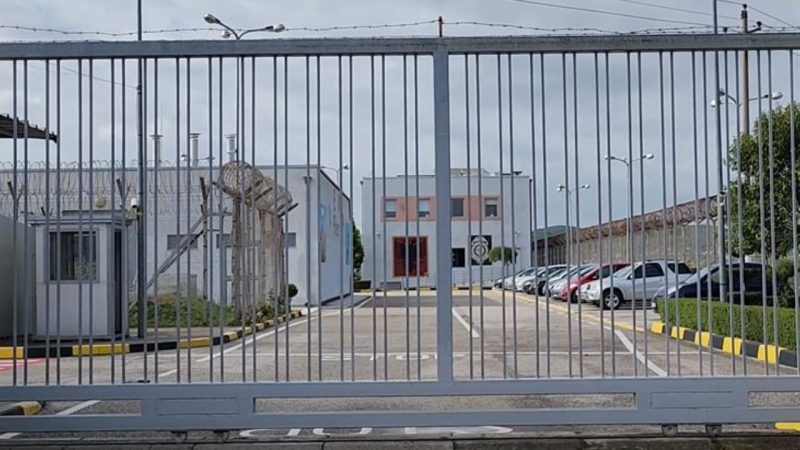 Convict benefited from criminal amnesty, but a day after the release youngster in Pogradec is arrested for the next theft
Convict benefited from criminal amnesty, but a day after the release youngster in Pogradec is arrested for the next theft
08/11/2022 20:51
Debt lists in grocery shops in towns and villages are a bitter reality of sheets filled with people’s names and items bought and amounts owed which are written daily.
The municipality of Kamza in the outskirt of Tirana, has a population of 120 thousand inhabitants, of which about 600 families are treated with a meagre economic assistance.
Food items’ lists is a phenomenon that we encounter in the neighborhoods of town, a few kilometers from the capital Tirana.
“What I’m holding in my hand is the debt book of Feriz, the gentleman who has a fruit and vegetable and grocery store in Kamza”, reports Top Channel’s Juli Ristani.
“I received a pension of 10,000 ALL. I pay 7000 lek for electricity, 2000 for water and have 1000 left. I got groceries listed here, and at the store across the street as well.
“Today I am buying 5 eggs and 1 kilogram of flour. So far, the debts I have in stores have reached about 15 thousand ALL. Children cannot help us, as they have none for themselves. I buy bread, oil, salt. I am 85 years old, and poverty has overtaken me now in old age, for I have never been so poor”, says Feriz.
Mother Bajame also tells the seller “mark my name on the list”.
“Here in this store I have not yet taken food by the list, but in another place I taken almost 25 thousand Lek for food. We work to eat a piece of bread. If I had the chance, I would run away in a raft to England”, says another citizen.
The owner of the store says: “There are about 15-20 people a day who buy eggs, flour, sugar, oil by the list. They owe me about half a million lek so far. As this year, it has never been so bad, in 4 years that I have owned this store”, says the seller.
“I rented this grocer and I deleted the list of debts that thay had before me. But at the end of the month I will also have to leave, it is not worth it, it is not worth it”. says another.
This is not just a notebook of debts, but a book of poverty, the pages of which are written every day in the shops of our towns and villages, reports Top Channel’s Juli Ristani.
Top Channel
 Convict benefited from criminal amnesty, but a day after the release youngster in Pogradec is arrested for the next theft
Convict benefited from criminal amnesty, but a day after the release youngster in Pogradec is arrested for the next theft 25/04 21:23







